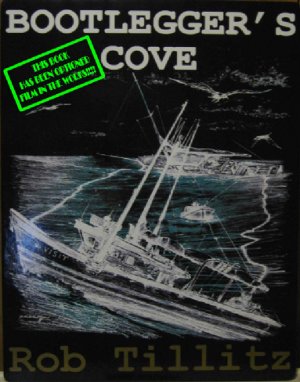What’s Left in SF?
Ah, the writer’s life: Last night I was working on the penultimate chapter of Cates #4, The Terminal State and I hit the line I’d seen in my head for months now, finally getting to the real climax, y’know? And of course the line kind of fell flat on the page and the beat is all wrong because it’s too early in the chapter and it all ended in tears. And booze. Booze and tears, and an exasperated wife pretending to be absorbed in a magazine. This happens a lot, at least for me: It’s like when you’re waiting on a movie to come out for a year, building it up in your head, and then it arrives and it’s. . .just a movie. Good, fine, but not exactly revelatory.
I cry then, too. That’s why I have so few friends.
So the best thing to do when you hit a moment like that is to just stop working, go pour yourself whatever it is that soothes you, and think on other things for a while. So I thought about my post from the other day discussing The Singularity and writing SF set in the future and all that, and I thought, well, things are getting a bit tight for SF, aren’t they? A lot of SF miracles are actually coming true – perhaps not as quickly as we’d like, and perhaps not quite there yet, but on the horizon. It’s not so easy these days to come up with something vaguely science-based to wow readers with. And some of the old stand-bys (time-travel, flying cars, pigs in space) are a bit shopworn; you don’t have to go see The Time Traveler’s wife to wonder when in hell frickin’ time travel became grist for a mopey mainstream drama. Se Lost, fer god’s sake – SF is bleeding into the mainstream, which means when you write your terrific time-travel story it might be good, but it won’t wow anybody. Not any more.
Maybe this is why we’re seeing the rise of vampires and werewolves and such. <BEGIN UNRESEARCHED HALFASSED OPINION>Because, vampires and werewolves and witches will never actually come true, so they will always remain pretty wowy-zowy if handled with talent and vision. Your cracklin’ warlock-in-real-life story is never going to be surpassed by the antics of real-life warlocks, after all. I think there’s appeal in that as we watch older SF works become quaint and goofy with their old-timey concepts of space/time, world politics, and population densities.</END UNRESEARCHED HALFASSED OPINION>
The other side of this “problem”, if you want to call it that, is the fact that the current trends in science are pretty vague and complex. I mean, rocket ships having battles in space is something we can all picture. String Theory, sadly, is beyond me. Maybe not you, but certainly me. As science digs deeper into the basic threads that make up the universe, applying those theories to an exciting story gets harder and harder, as eventually you have a group of people standing around doing nothing for 20 pages, and then the cosmos explodes.
Actually, I think I’ll write that story myself right now. . .
Of course, I’m a little dimwitted, so plenty of folks are probably racing along writing amazing SF with all the new hot science properly applied while I sit here weeping for the time when I could just take your standard western, set it IN SPACE, and sell a story. The obnoxiously talented Sean Ferrell*, in fact, drunkenly told me about an SF story idea of his a few months ago that was absolutely terrific. So it’s probably just me. As my incompetence is legendary, this surprises no one.

